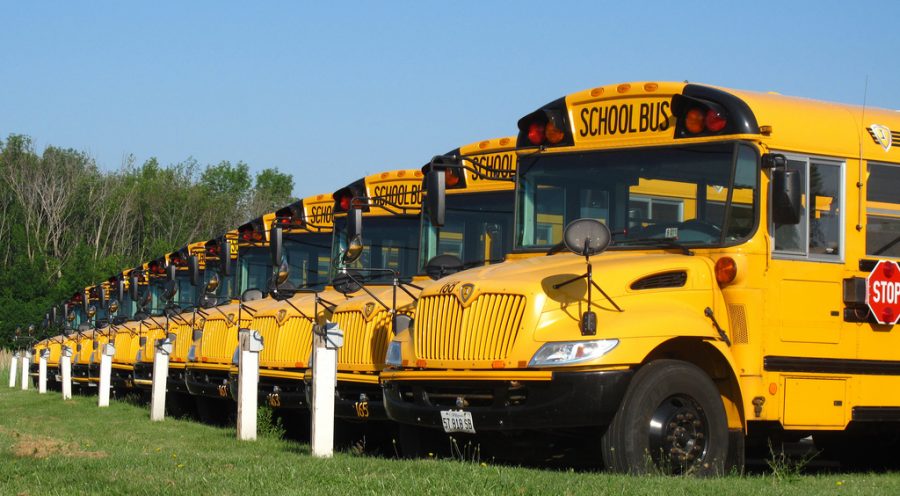OPINION: School Should Start Later
February 15, 2019
It’s 5:30 a.m., you’re sleeping peacefully and all of a sudden you hear your alarm go off. You probably try to go back to sleep for a few extra minutes before you hit snooze and wait for it to go off a few more times before you actually get out of bed and get ready for school. One of the biggest reasons adolescents do not get enough sleep is early school start times.
The American Academy of Pediatrics (AAP) and the American Academy of Sleep Medicine (AASM) has recommended that middle and high schools start at 8:30 a.m. or later to give students the opportunity to get the amount of sleep they need, but most American adolescents start school too early. The American Academy of Pediatrics has found that over 10% of U.S. high schools currently start before or at 7:30 a.m., 43% start before 8 a.m., and under 15% start after 8:30 a.m. Over 20% of U.S. middle schools start class at 7:45 a.m. or earlier.
Spring Grove’s High school, middle school, and intermediate school falls into the 10% of schools that start at 7:30 a.m. or earlier. This can cause students to be more likely to be perform poorly in school than other students who schools’ start later. Most students normally go to sleep or get tired from as early as 9 p.m. to as late as midnight or possibly even later, and if students were to get the correct amount of hours of sleep they need, they would be asleep until at least 8 a.m.
There actually are biological reasons as to why students should stay in bed longer, and why schools need later starting times to avoid harming their development. Because most teens go to bed later and need more rest, school schedules which don’t accommodate for their sleeping needs can cause a chronic buildup of sleep debts. Around 50-80% of teens, not just in America, but around the world are dealing with some version of sleep deprivation because of early school starting times.
If school started later in mornings, students would be more focused during the school day and less likely to be late to or absent from school. Adding to that, delaying the start of the school day can reduce automobile accidents caused by sleepy teen drivers. School districts in America over the past few years have taken note of this and have pushed their times back at least 30 minutes.
Some parents are concerned with the transportation issues, after school activities, and adjusted meal times. Students who get rides from their parents in the morning may believe they would experience problems. Some parents would be anxious that after school activities would run later than usual and interfere with meal times. Students can always ride the bus if a parent or family member or guardian cannot drive them to school. And for sports, practice times could easily be shortened, or even have practice on some weekends to make up for hours that might have been lost with later school times.
With everything stated above, it is really in our best interest and health to start school later. Not only does it allow time for our body’s to naturally wake up but also allows us to stay in rhythm with ourselves. Students could also easily correct the amount of sleep debt that has been piling on if we start schools at least an hour later than what they are currently. Although parents, teachers, and principals oppose to some aspects, there are ways to make school starting later more easier. In the long run, having school start later would benefit many students who are in need of a healthy sleep pattern.


dree • Jan 5, 2023 at 1:02 pm
noooooooooooooooooooooooooooooooooooooooooooo
zak • Dec 1, 2021 at 12:09 pm
no
Iz • Jan 5, 2023 at 1:50 pm
yes